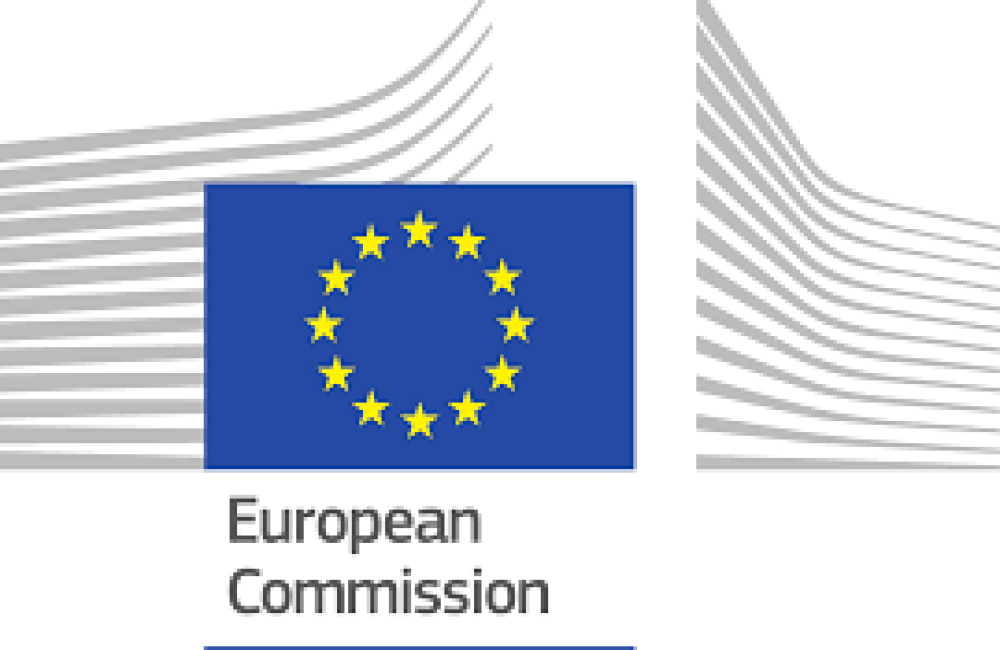The European Commission (EC) is seeking proposals to improve the participation of civil society in the education sector: to enhance advocacy, ensure transparency, and increase effectiveness in national educational policy and implementation processes. The specific objectives of this call for proposals are:
(Lot 1 - Advocating for Quality Education) Strengthen national civil society engagement in education sector planning, policy dialogue, and monitoring transparency and accountability of national education sector policy and its implementation.
(Lot 2 - Quality Education: leaving no one behind) Strengthen civil society’s role in promoting access to education for all girls and boys.
For lot 1, linked to the specific objective 1 it is expected that actions will work on advocacy towards more accountability and inclusion of SESP at federal and provincial level. The actions proposed will promote data-driven advocacy and accountability through models, studies, research, and the promotion of best practices, which can come from other programs (funded by this call for proposals or others). Multi-stakeholder approaches (academia, CBOs, networks of specific advocacy, etc.) will be considered an asset. The actions will support accountability and the promotion of social accountability tools to improve the governance of the education system, including at the school and local level.
For lot 2, linked to specific objective 2, actions will focus on increasing access to quality education for socially and economically disadvantaged girls and boys, girls and boys from marginalized groups, and girls and boys with disabilities. Recognizing that the factors hindering access to quality education for girls and boys from these communities and groups are multiple in nature and cannot be solely addressed by purely “education” interventions, actions under this lot will take a holistic approach to reach the unreached, promoting transformative, local solutions. They will promote behavior and norm change in communities to increase the appeal of completing education for all children, provide culturally appropriate solutions and tackle opportunity costs of education for the most vulnerable and specifically girls.
Eligibility :
- In order to be eligible for a grant, the lead applicant must:
- be a legal person and
- be non-profit-making and
- be a specific type of organization such as a non-governmental organization, public sector operator, local authority, the international (inter-governmental) organization as defined by Article 156 of the EU Financial Regulation and
- be established in Nepal, in a Member State of the European Union or in any countries eligible under the Financing Instrument for development cooperation for the period 2021-202. This obligation does not apply to international organizations.
- Have minimum 5 years of experience working in the school education sector in Nepal (covering children from 4 to 16 years old) at the federal, provincial, local, and/or school level and with beneficiaries and their representatives, as well as in areas of policy dialogue and advocacy, planning and monitoring, good governance, operational research, and inclusive education. and
- be directly responsible for the preparation and management of the action with the co-applicant(s) and affiliated entity(ies), not acting as an intermediary and


